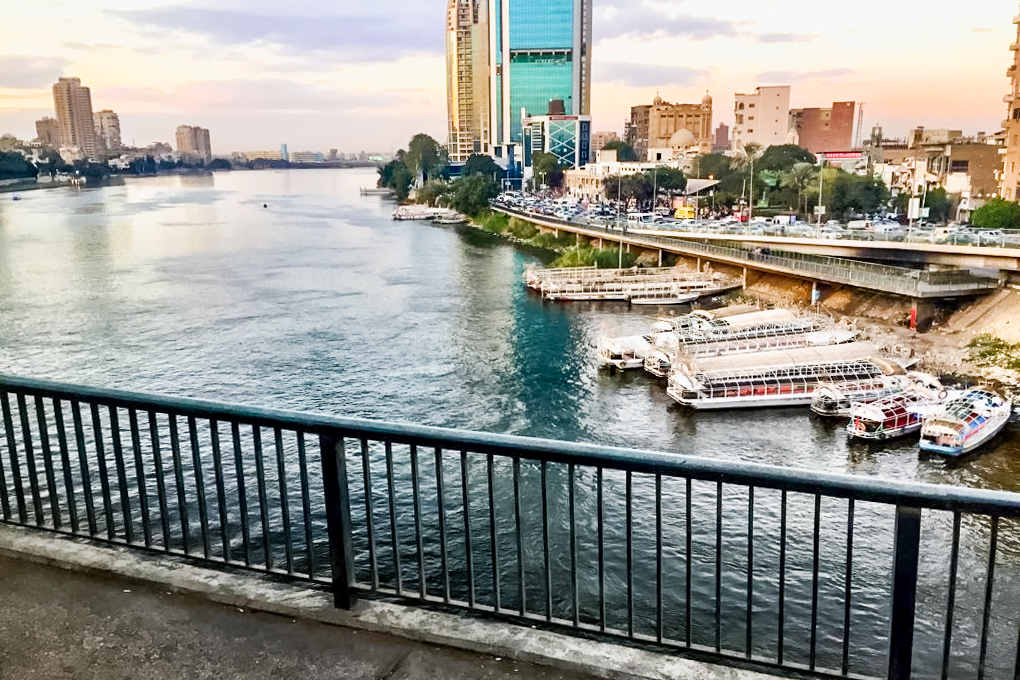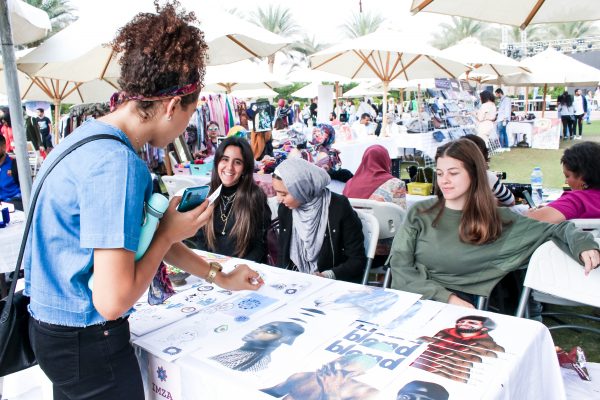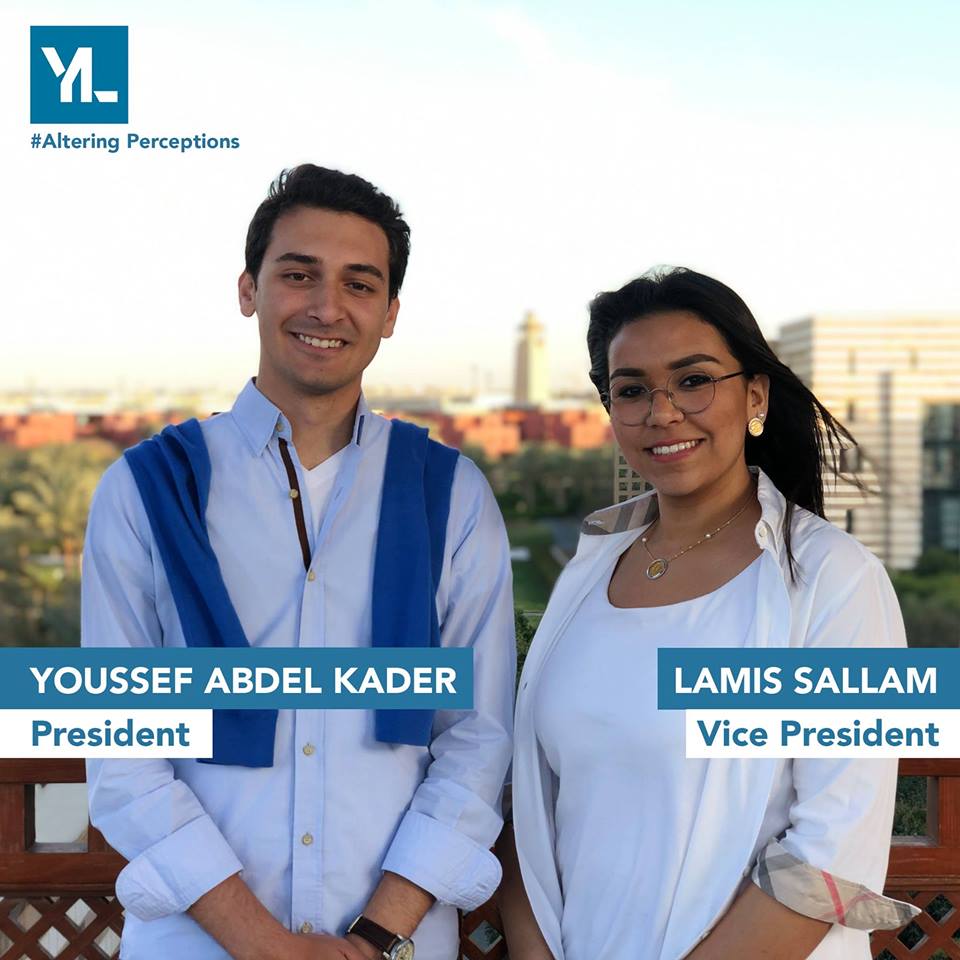Can Desalination Save Egypt from GERD Cuts in Fresh Water?
By: Dalia Abdelwahab
@Lia_A0617
As the Egyptian government continues to voice concerns over the country’s water supply in light of its on-going dispute with neighboring African countries over the impact of the Grand Ethiopian Renaissance Dam (GERD) project, scientists say new sources of water are now necessary.
In recent years, Egyptian government officials and resource experts have warned that the GERD project, which is set to become Africa’s largest hydroelectric dam once completed, will cut Egypt’s freshwater Nile supply from over a potential 55.5 to about 31 billion cubic meters.
It is estimated that Egypt currently draws more than 40 billion cubic meters of River Nile water, but even without the GERD impact, scientists have warned of water scarcity in the country.
One possible solution is to turn to desalination, an approach debated at an AUC Forum Talk titled ‘Egyptians’ Daily Security and the Ethiopian Dam: Is Desalination the Way Out of the Water War,’ held at the Prince Al-Waleed Bin Talal Hall on November 13.
Speaker Adham Ramadan, professor of chemistry and dean of graduate studies, said that desalination is not a novel approach in Egypt
“Desalination activities have been taking place in Egypt, but since 2005, they have been to a limited scale,” he said.
According to a report published in Egypt Independent, in 2018 the country was in the process of constructing 19 desalination plants along the Mediterranean and Red Sea coasts.
Ramadan said that the most cost-effective desalination method is ‘reverse osmosis,’ which is the use of pressure to drive salty water through a membrane, retaining the salt behind.
However, the method had its disadvantages.
“If you compare reverse osmosis to other desalination methods, it is the cheapest method. However, if you compare it to naturally available water, it does have a cost,” Ramadan explained.
The reason the method is costly in terms of energy expenditure is that it relies on forcing water to go from a high concentration of salt to a low concentration through pressurization.
Another factor to keep in mind when considering reverse osmosis as a desalination method is the disposal of brine, an amount of water contaminated with salt as a wasteful result of the process.
Ramadan warned that disposing of brine into seawater could have adverse environmental impacts on marine life in the future, altering the ecosystem.
In order to devise a way to optimize the operation of reverse osmosis, students at AUC have been experimenting with nanotechnology in collaboration with faculty members to create an optimized reverse osmosis membrane.
The membrane should have parts that are different in pore size, with large pores letting water through and small pores retaining salt.
Ramadan admitted that while the process is easier said than done, the structural alterations could improve the efficiency of the membrane thus further promoting the process of desalination as a potential solution for Egypt’s water scarcity.
“Desalination is a way forward, but we need to realize that it will not produce the water needed for agriculture. It will not produce water needed for industrial purposes because it is costly. But, it is definitely a way forward when it comes to producing municipal water,” Ramadan explained.
In the meantime, Cairo has spent several years negotiating with Addis Ababa to ensure Egypt’s water rights and security are preserved.
On November 7, US President Donald Trump hosted in Washington DC a meeting of the foreign ministers of Egypt, Ethiopia and Sudan, with the attendance of World Bank representatives, in order to resolve the dispute regarding the upcoming filling of water in and operations of the GERD.
Egyptian Foreign Minister Sameh Shoukry said the talks were successful, leading to a timetable for four more similar meetings to reach a comprehensive agreement by January 15, 2020.
He added that water from the River Nile is an existential issue for the country.
Throughout history, the River Nile was seen as one of the birthplaces of ancient civilization
“I don’t know if this is still taught in schools, but when I was in school, I would always be told that ‘Egypt is the gift of the Nile’,” Bahgat Korany, professor at the Department of Political Science, said during the AUC Forum talk.
According to an article published in The Caravan in 2015, Egypt has always seen that the GERD, or other dam projects, run counter to its strategic interests because restrictions on water flow downstream to Cairo can destroy agriculture and threaten the welfare of the population.
“Egypt will be forced to give up agricultural production by 2030 if new sources of water are not developed. The real problem is not just the sufficiency of the dam; it is indeed, the shortage of water,” Samir Makary, a professor of agricultural economics, told The Caravan in 2015.
However, the issue is far beyond just a water crisis. The Director for the Research Institute for a Sustainable Environment (RISE) Richard Tutwiler previously told The Caravan that the issue of water has always been political in Egypt.
“If there were enough trust and cooperation between Egypt, Sudan and Ethiopia, as an optimist I’m looking to see development because then I can see some win-win situations.”
However, he added that considering 11 nations share parts of the Nile, water and politics remain intertwined.
“If you look at the geography and the actual amount of water we’re talking about … that’s a key area for political negotiations,” said Tutwiler.
The recent talks in Washington DC appear to have broken a weeks-long deadlock which had led to diplomatic tensions after Ethiopia had rejected an Egyptian proposal on an extended schedule for filling the dam and setting it into operation.
Egypt has sought guarantees it will continue to have access to 40 billion cubic meters of Nile water.
Ethiopia said Egypt is stubbornly holding on to the 55.5 billion cubic meters allocation which was concluded under British colonialist rule of Africa.
Ethiopia says GERD would supply sufficient hydroelectric power to its fast-growing population, currently at 100 million.
It has also rejected Egyptian suggestions to use international mediators.
The next round of talks are scheduled for December 9, 2019 and January 13, 2020 in Washington DC.




